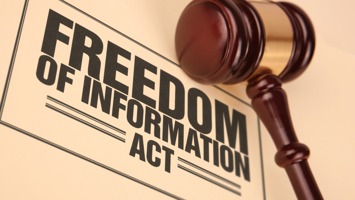
Contact us
Enquiries
The Office of the Police and Crime Commissioner for Nottinghamshire takes your privacy seriously and will only use your personal information in accordance with our Privacy Notice which can be found HERE
Please note that for all enquiries relating to operational policing, please contact Nottinghamshire Police direct.
Please click on the thumbnails below for more information:
Contact us
Details on how you can get in touch with us.
Submit a comment or compliment
Do you have feedback, or a compliment that you'd like to make? Click here.
Complaints and reviews
Find out how to make a complaint or request a complaint review.
Freedom of Information
Your right to request information about the Office of the Police and Crime Co...
Vacancies and volunteering
Find out about our vacancies and volunteering opportunities.





